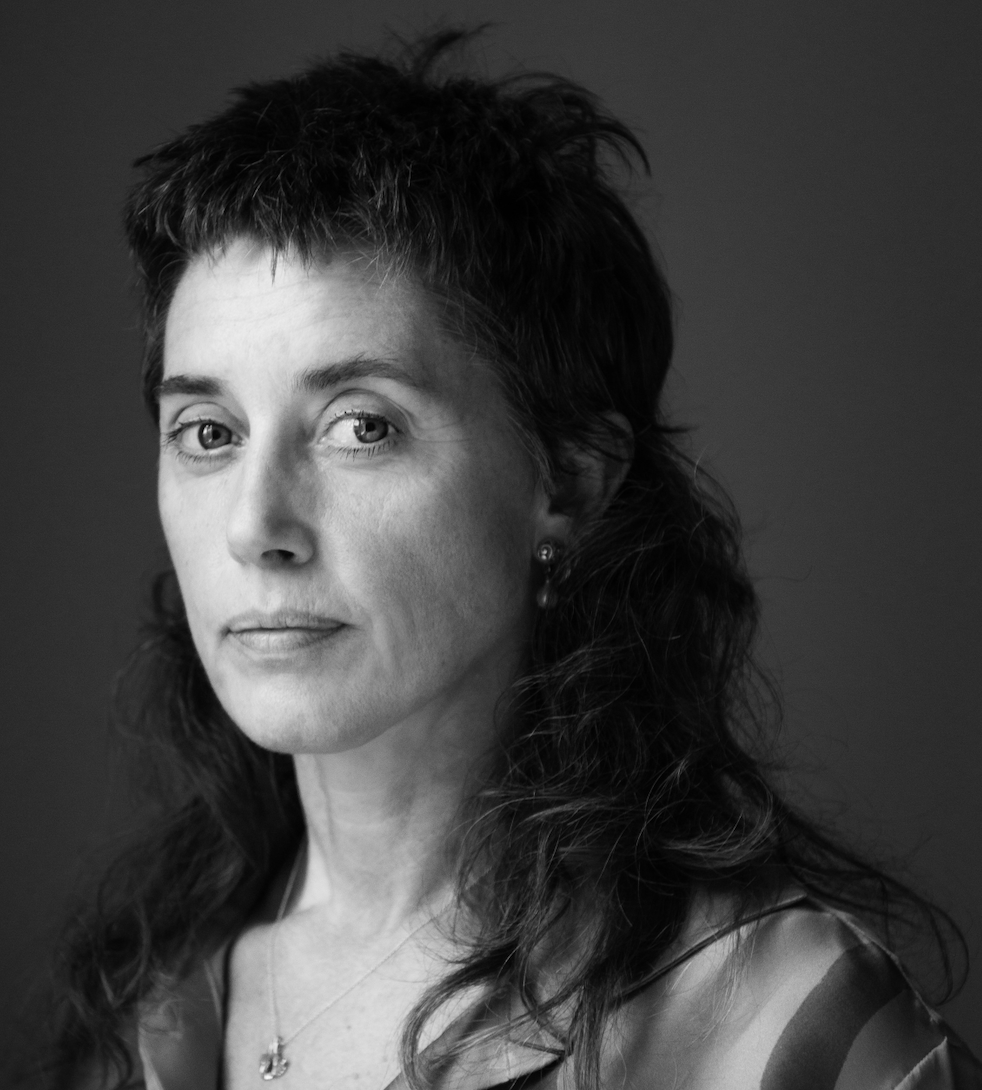
1
A JOURNEY TO INDIA
When I was eighteen, I met a boy who told me a story of being kidnapped from his mother when he was four years old. He was taken to England by his father, never to see her again. In my mind I saw a room in southern India, gossamer curtains, a broad messy bed of white sheets, a mother sleeping with a child in her arms. I saw a man creep in, he was a pilot so I put him in pilot’s uniform, no jacket. I saw him lift the boy from his mother’s arms, the curtains stirring gently in the breeze, the mother waking hours later, her horror shock of emptiness. The boy and I were in our second year at Manchester University. He’d come over to the house in Withington, I’d opened the door and about two seconds later was going out with him. I remember the night he told me; we were in bed and as his story unfolded I unfolded my limbs from around him. His parents had been on their way to Brazil from Australia when their flight touched down in Karnataka to refuel. They got out to stretch their legs, the loud jungle calling them, and came upon the abandoned house of a colonialist, pidgins making the frightening cacophony of escape as they pushed open the door, holding vines aside. The shock of a man hanging in the hall, his last breath there. This was enough to make them stay, abandon their plans; she was a nurse and one place was as good as another to set up a village hospital. They never reboarded their flight to Rio. The house of the dead colonialist became their home. That was the story he told me. I said, We have to go. It was too obvious. So we dropped out and bought flights to Mysuru, took buses and rickshaws, heading towards Srirangapatna, the village of his birth. We asked and asked and on the final day of searching a tuk-tuk driver said yes, he knew her. I remember feeling petulantly grumpy as we walked the last dusty mile, self-centred as the epic reunion took place – he, knocking on the door, she, opening it. I was hot and tired. It had been all about him. I went for a swim in the river and slipped on stones and got frightened by giant, scuttling crabs. I crossed the unkempt lawn and shook her hand, sat on the wide veranda, gossamer curtains lifting in the breeze. We stayed for months, bought a motorbike and converted it for the long road north. The story of that journey I wrote into my first novel. It sits in a drawer, a great title but not much else to recommend it.
2
HE TOOK THE BIKE
My boyfriend and I took off on the motorbike, a Royal Enfield Bullet heavy with luggage, and purring. We headed first to meet his brother – also estranged until now – for a few nights of giant beetles flying into my hair and then north up the Western Ghats. The monsoon chased us. We’d mistimed our travels and no matter how fast we rode, the rains caught up. We stopped soaked and freezing in tea plantations, couldn’t undo the swollen ropes that tied our soaking gear to the bike, slept in roadside rooms fully clothed, never time to dry off. In Goa we looked for the parties that had already moved north. At the Taj Mahal we sat on marble away from each other. In Delhi we put on helmets and couldn’t see for moths. In Rajasthan we fell in love with green-eyed women and crashed the bike in sand. In Chandigarh we slept in a barn with twenty men, one of whom put his hand down my jeans again and again until I woke my boyfriend up and told him we had to leave. He agreed, but grudgingly; we weren’t friends, he and I. Already we were unhappy. From the night he unfolded the story of his kidnap to the last dusty road to his mother’s house had been a matter of months. We’d left England on an impulse, no plan except to find her. And we were children; we hardly knew ourselves let alone each other. At a chai stop in the foothills of the Himalayas we met an Israeli couple who invited us to stay. They had a Royal Enfield too. It had got us talking. We followed them, two Bullets chugging up the winding narrow roads of the valley towards Manali, the great drop to our right, the apple trees bending in the light, sudden rainbows bowing to drink from the river crashing below. They parked at a cow shed above which were some rooms. We followed them up the wooden steps. He cooked a meal on a camping stove, tomatoes, onions and green peppers. She unfolded their clothes and made the bed. We ate and then they gave us acid and suggested an orgy. I remember thinking, How revolting. My boyfriend also declined. We went to bed listening to them laughing. The next day a friend of theirs arrived, the most beautiful man I’d ever seen; tendrils of dark hair, a soft pink shirt, faded jeans, he sat cross-legged on the floor and passed me a chillum. My boyfriend went out to get food. When he came back, he found us together. I gave him only the most fleeting of goodbyes. He took the bike.



